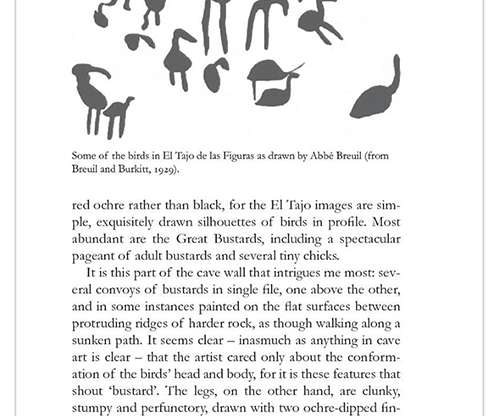Moral Vegetarianism, Part 1 of 13
Animal Ethics
JANUARY 9, 2009
A third of a century ago, when the modern animal-liberation movement was in its infancy, Martin published an essay entitled “A Critique of Moral Vegetarianism,” Reason Papers (fall 1976): 13-43. You will, therefore, agree with Martin about moral vegetarianism but not about Christianity. One is health.



















Let's personalize your content